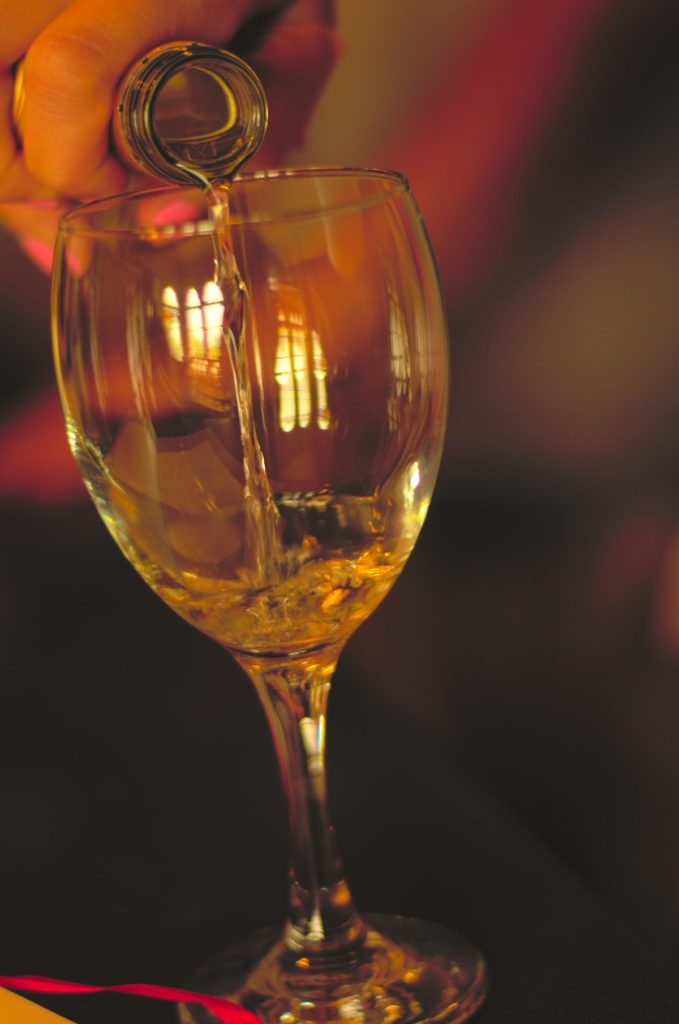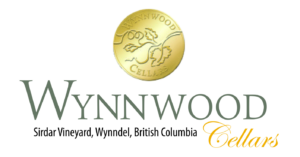Our Land and Process

Climate and Geology
The Creston Valley lies in the mid elevation of the Columbia Basin at an elevation of 1730 ft. above sea level. The climate is moderated by influences from the Pacific. Extreme cold can occur on average, every 10 years. The temperature can fall to -20 degrees C or about -5 degrees F.
Soft fruits are grown on bench land with good air drainage. Because of a latitude of 49 degrees N, the ascending height of sun and bud break coincide reducing risk of spring frost damage.
Rain fall is around 22 inches per year, which can be adequate for dry land grape production.
The geology is a mix of glacial, metamorphic and granite batholite. The bench land north of Creston is highly mineralized. The area consist of many gravel deposits and both dolomite and calcium were processed in the area for over 50 years.
Wine Production
Our winemaking is a low technology, low additive, minimalist approach. Most of our wine making is accomplished in the vineyard through site, variety, and clone selection. Without fertilizing or supplemental irrigation our yields are very low, allowing the fruit to reach optimum ripeness.
The fruit is harvested by hand, and gently crushed. White wines are pressed off immediately after crushing, and are fermented cool, with juice containing high terpidity for rich flavour and good mid palate weight.
The Aromatic white wines are filtered at bottling and are released the May after harvest. The red wines are crushed, with 30% whole berry, into small open top square fermentation bins. The fruit sits on its own juice at cold temperatures and goes through aquenous extraWine Productionction for about 8 days.
The fruit is then brought up to fermentation temperature and inoculated with yeast. The must is punched down by hand at least three times per day. The wine is fermented to dryness in vats and then pressed off into French oak barrels. We use 25% new oak in our red wine aging. The wine ages for 12 months in the barrel. The red wine is either bottled unfiltered, or at the most, course filtered. All red wines go through malolactic fermentation.

